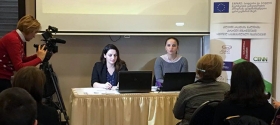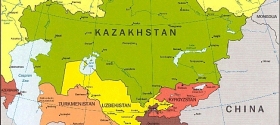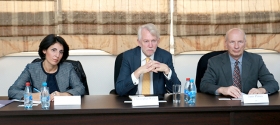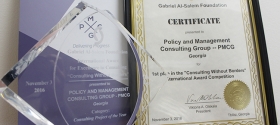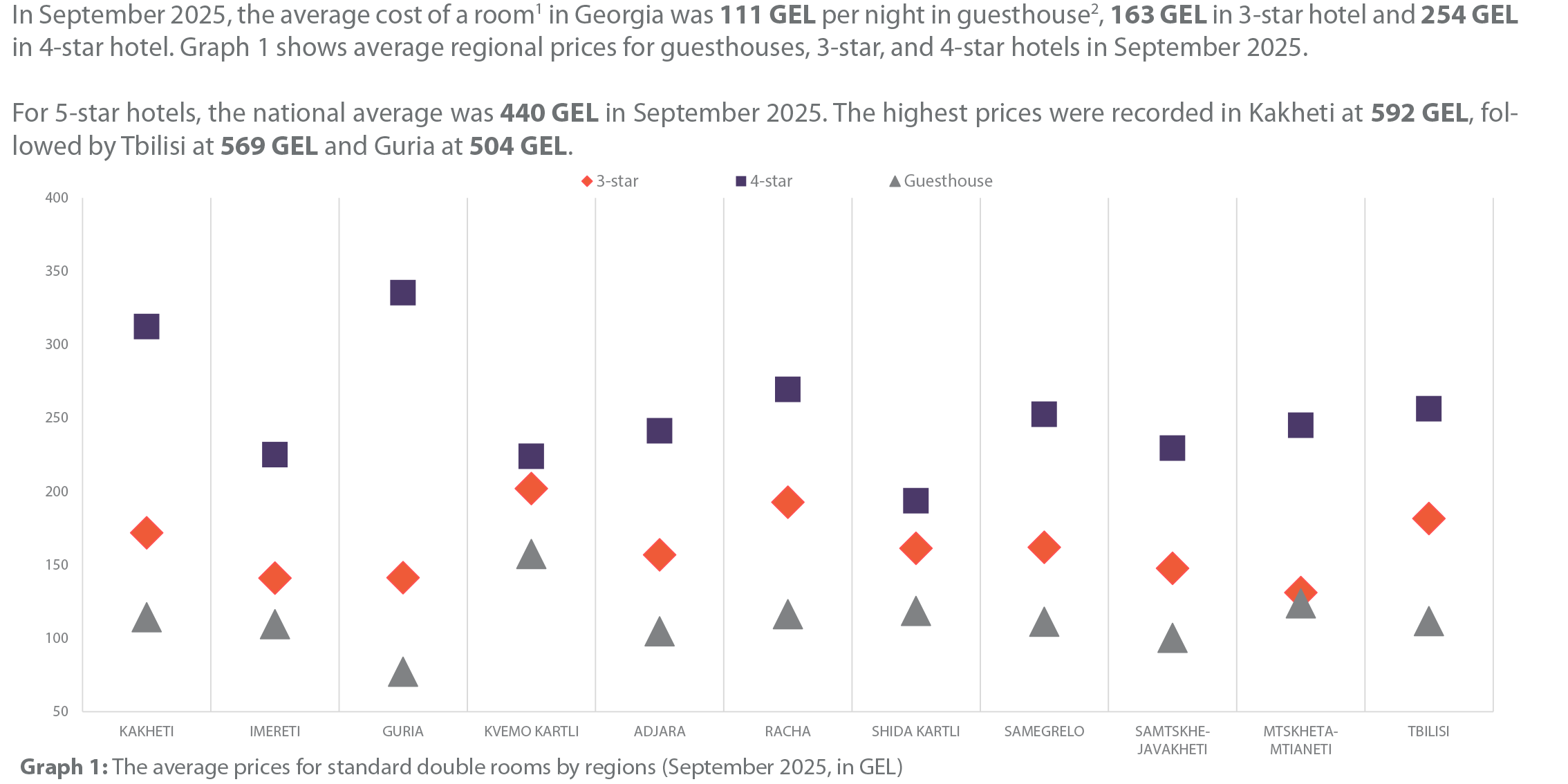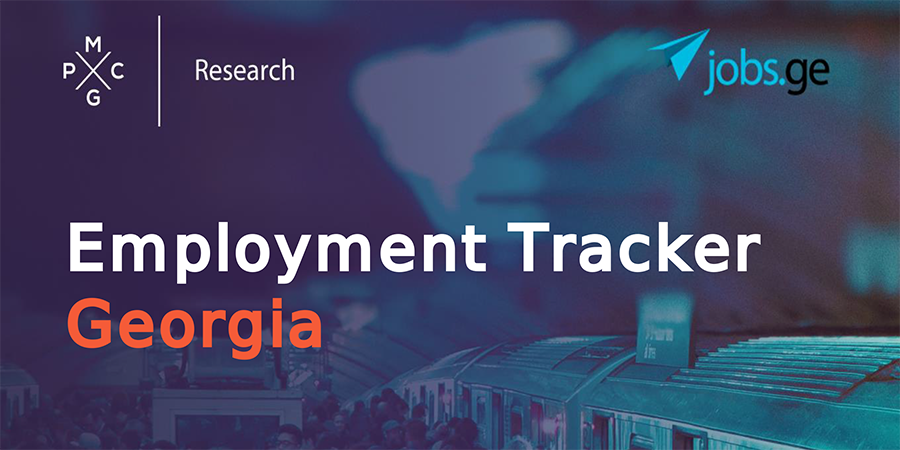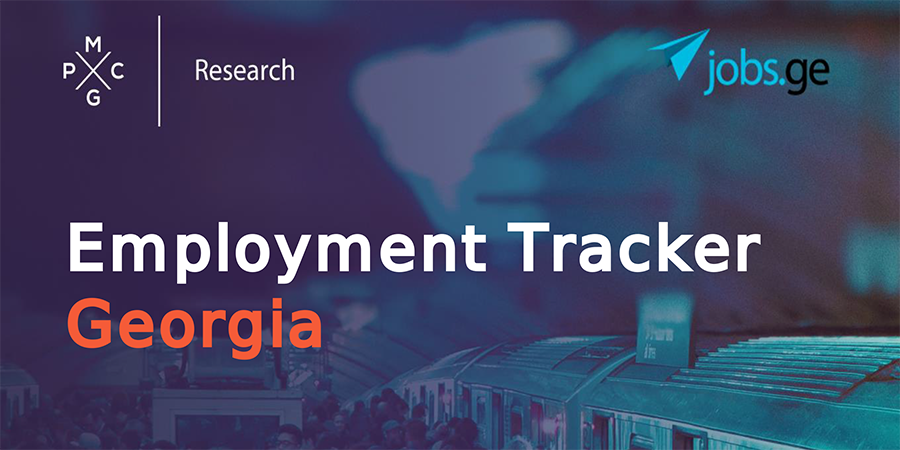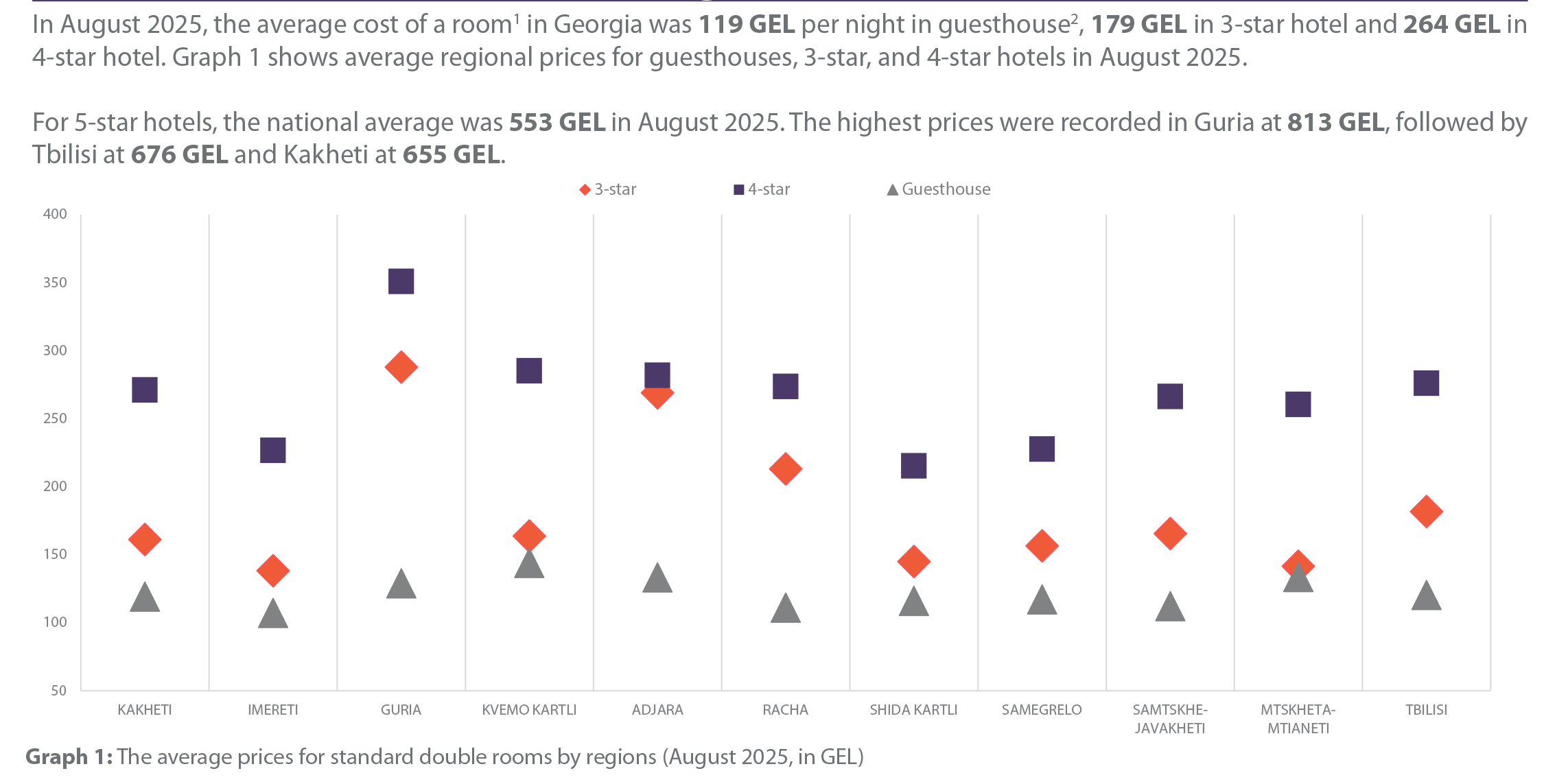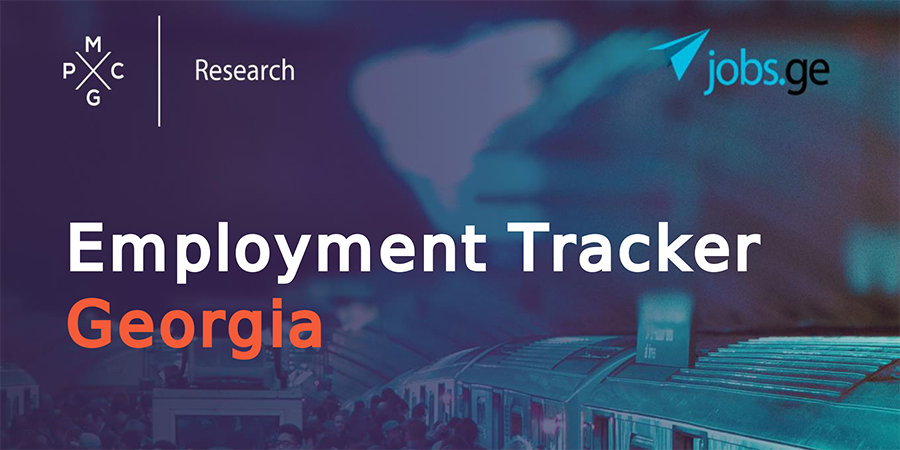Awarded with 1st place in the Gabriel Al-Salem Foundation's International Award
Nov, 2016
We are honored that our project supporting the Government of Adjara’s program budgeting within the USAID Good Governance in Georgia (G3) program, run by Management Systems International (MSI) has won 1st place in the Gabriel Al-Salem Foundation's International Award "Consulting Without Borders".We would like to congratulate the project team for this acknowledgement. This again shows the value of applying international best practices to the local context.
Background and Challenges:Traditional, input-based budgets provide limited information on the outputs and outcomes of public spending, disclosing information by line items of spending only rather than clearly showing the planned programs, activities, outputs or outcomes. Most common practices applied in the regions of Georgia, such as the one-year plan for the budget, had weak links, if any, to government strategies and it was almost impossible for citizens to track the development of the government programs, especially multiyear activities. Input-based budgeting has not been treated as a planning document of a given government institution but rather a finance document only dealt with by the finance departments, with minimum input from the sector policy makers. This has been resulting in weak links to sector policies and planned activities. Methods and Activities:We have worked with several regional governments of Georgia, such as the Government of the Autonomous Republic of Adjara, and municipalities of Batumi, Akhaltsikhe and Kutaisi to overcome challenges and to move toward more transparent and accountable systems of governance.In most of the projects, our assistance started from the beginning – designing a high-level strategic direction document of the government. This document reflected all the priorities of the local governments and was based on the results of round-table discussions with the ministries, sub-agencies, sector specialists, CSOs, and other interested groups. Later, the government programs were translated into program budgeting forms, creating programs, sub-programs, activities, outputs, outcomes and relevant key performance indicators. To achieve sustainability, special attention was dedicated to on-the-job trainings, coaching and workshops, covering technical and methodological aspects and the best international practices of program budgeting. On one hand, wide coverage makes the process difficult, however, this was one of the key features in achieving success and changing the budgeting practice at each and every level of spending taxpayers’ money.
Results:As a result of a complex approach, combining the best international practices with the local context, the interest and engagement of stakeholders increased, and citizens gained more effective and transparent governments, disclosing activities, outputs and outcomes with respective key performance indicators, enabling effective monitoring and evaluation of budget execution.
Overall, these projects achieved:
Enhanced effectiveness of the governments in planning and executing programs
Increased level of transparency in public spending
Increased level of accountability
Increased level of citizen engagement in the budgeting process
"PMCG has been a reliable and trusted partner for the five-year Good Governance Initiative (GGI) project in Georgia. PMCG staff and local consultants have provided timely and critical inputs, supporting the Government of Georgia’s governance reform process in all branches of government with high-quality analytical services, based on their excellent local knowledge and experience. We look forward to continuing our working relationship with PMCG over the remaining years of the GGI program".David B. Smith, GGI Chief of Party, Tetra Tech ARD"Collaboration with PMCG experts and project team, obtaining qualified recommendations and sharing their experience was very important for the professional development of employees of the Ministry of Economy and Finance. We hope to have the chance to collaborate with PMCG again."David Baladze, the Minister of Finance and Economy of GoARA“This project has important implications for Georgia: it should increase the level of trust of the local population in government, ensuring that decisions on policy and expenditure are clearer to the population. It will also, in the long turn, lead to a more inclusive policy process, ensuring that programmes and budget are formed on the basis that they meet with the needs or approval of wider stakeholders”.
Gabriel Al Salem Foundation Awards Committee
*
All the described projects are implemented within the framework of the USAID Good Governance Initiative (GGI) and Good Governance in Georgia (G3) programs.Follow the links below for detailed information about specific projects:Strengthening Government of Autonomous Republic of Adjara Institutional Capacity for Program BudgetingAssisting Kutaisi City Municipality in Elaboration of the Economic Development StrategyImproving program budgeting capacity of Akhaltsikhe municipalityStrengthening Program Budgeting Capacity of Batumi Municipality
